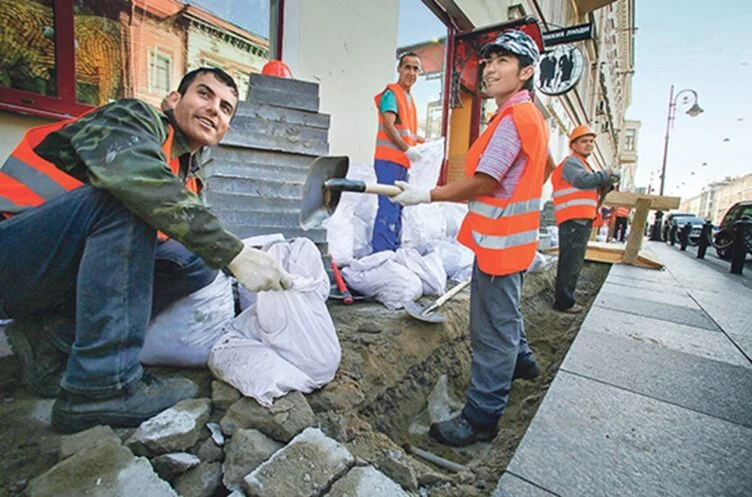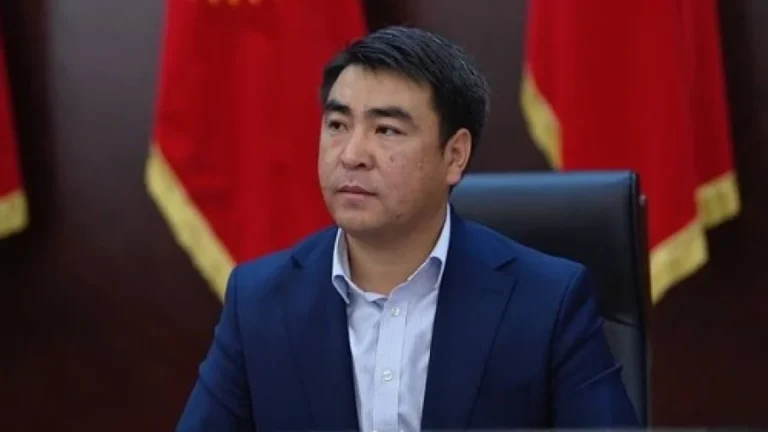One more Russian region bars labour migrants from certain jobs

A Russian region has banned labour migrants from doing certain types of jobs. It has also launched a drive to track down “draft dodgers” among the migrants who have received Russian citizenship.
Kurgan Region, in Siberia, is the latest Russian region to put some jobs out of reach for labour migrants, most of whom come from Central Asia.
The decision by the Kurgan regional authorities was announced at a meeting on Wednesday that considered the Russian Investigations Committee’s “initiative” to “step up the fight against illegal migration”.
The problem, “given a rise in crime by foreigners”, calls for “constructive inter-departmental interaction between the law-enforcement and executive power bodies”, a report published on the regional administration’s website said.

The regional authorities set up “a special permanent working group” which initiated an order to ban from 2024 all employers in the region from hiring foreigners for some types of jobs, including production of baby and diet food and driving public transport and taxis.
Labour migrants will also be banned from working in the education sector, in human resources and from running hospitality businesses.
The regional authorities also decided to launch measures to track down and register for military service all foreigners who have been given Russian citizenship but have not served in the Russian army.
It said that “the draft dodgers” will be held accountable in accordance with Article 328 of the Criminal Code, which lists crimes for which a person can be stripped of Russian citizenship.
In 2022, four Russian regions banned migrants from working in retail, catering and public transport.
In some regions they also cannot work in healthcare, in mining natural resources, also as interpreters, receptionists, editors or accountants. They also cannot sell timber or be involved in fishing and hunting.
The bans apply to citizens of Tajikistan, Uzbekistan, Azerbaijan and Moldova. Citizens of Kazakhstan and Kyrgyzstan, which are members of the Eurasian Economic Union, enjoy the same labour rights in Russia as Russian citizens.
Speaking at a conference in October, the head of Russia’s Investigations Committee, Aleksandr Bastrykin, described “the average migrant-criminal” as having “primary education, poor knowledge of the Russian language, Russian culture and history, and laws”.
He also spoke about “the issue” of “the emergence of ethnic enclaves [among immigrants], which represent a threat to the local population”.
Since its post-Soviet oil-money driven economic boom, Russia has been caught between the economic need for a large number of labour migrants and strong xenophobic sentiment among both officials and the public.





Все комментарии проходят предварительную модерацию редакцией и появляются не сразу.